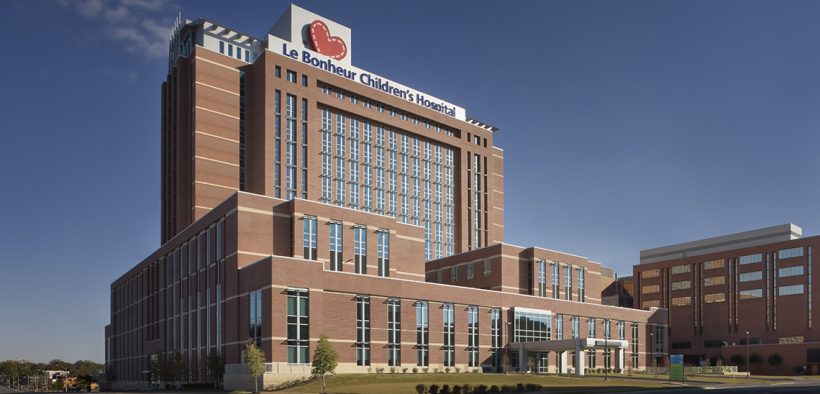US Hospital Suing Its Own Employees And Low Income Patients Who Can’t Afford Bills

“To see these aggressive, and even predatory, collection strategies affect everyday teachers, farmers, even nurses — it’s heartbreaking and it’s wrong and it needs to stop.”
After ProPublica revealed a nonprofit Christian hospital filed thousands of lawsuits against low-income patients last week, the hospital pledged to suspend its “court collection activities.” But while the hospital in question, Methodist Le Bonheur Healthcare, has been described as “especially aggressive” among its peers, ProPublica’s expose brings attention to a broader problem in American society: nonprofits that pay virtually no taxes but behave like relentless for-profit corporations.
Methodist runs six hospitals in Memphis, making it the largest health provider in the city. The nonprofit, which made $86 million after expenses in 2018, filed more than 8,300 lawsuits for unpaid medical bills from 2014 to 2018. Methodist also owns its own collection agency to pursue debtors, who are often low-income patients and even employees of the hospital.
The Memphis hospital system stands out in its pursuit of garnished wages, having won garnishment orders in 46 percent of its thousands of lawsuits from 2014 to 2018. In Memphis, 25 percent of the population lives below the poverty line, and the state of Tennessee provides funding to the hospital system to help cover low-income residents.
A court-ordered garnishment takes 25% of a patient’s post-tax income, with a small deduction for children under 15 and basic living expenses, and sends it to the creditor.
In a 2017 op-ed, Sen. Chuck Grassley (R-Iowa) said the uncharitable treatment of poor patients is “contrary to the philosophy behind tax exemption.”
“Such hospitals seem to forget that tax exemption is a privilege, not a right. In addition to withholding financial assistance to low-income patients, they give top executives salaries on par with their for-profit counterparts,” wrote the senator.
Methodist’s CEO, Dr. Michael Ugwueke, made $1.6 million in 2017, while former CEO Gary Shorb, earned over $1.2 million the same year for serving as an adviser. The mean salaries of CEOs at nonprofit hospitals rose 93% from 2005 to reach $3.1 million in 2015, according to a 2018 study in Clinical Orthopaedics and Related Research.
“If you’re a nonprofit hospital and you have this mission to serve your community, [lawsuits] should really be an absolute last resort,” Jenifer Bosco, staff attorney at the National Consumer Law Center, told NPR. Methodist claims to have used wage garnishing lawsuits only as a last resort, but ProPublica‘s investigation paints a different picture.
One particularly egregious case highlighted by the report is Methodist’s treatment of Carrie Barrett, who was charged $12,109 for a two-night stay in the emergency room in 2007. Even though the hospital system knew Barrett made less than $12 dollars an hour, it sued her in 2010, increased interest on her debt seven times and garnished her wages fifteen times. The 63-year-old woman now owes Methodist $33,000, despite earning only $13,800 in 2018.
She has since had to rely on payday loans and skip months of some bills to get by. “It’s in the hands of God now,” Barrett said. “There’s only so much I can do.”
Bosco told NPR that nonprofit hospitals are given some federal mandates for providing assistance to low-income people, but “a lot of free rein to make up their own policy of what they think is appropriate.”
While it is not clear how widespread predatory behavior is among national hospitals, journalist have reported on patient lawsuits in North Carolina, Nebraska, Ohio, Missouri, and Virginia in the last few years. One Virginia hospital, Mary Washington, reserves a day every month in the court for its cases.
“To see these aggressive, and even predatory, collection strategies affect everyday teachers, farmers, even nurses — it’s heartbreaking and it’s wrong and it needs to stop,” Dr. Martin Makary, a researcher and surgeon at John Hopkins, told NPR.
















They sue low income patients but give free health care to illegals
Amos 2:7 KJVS
That pant after the dust of the earth on the head of the poor, and turn aside the way of the meek:…
It never changes for the poor. The rich hunt them with nets. WHEN did tar and feathers go out of fashion? Let’s bring back tar and feathers and bring ridden out of town on a rail. Now there’s a cause to rally behind.